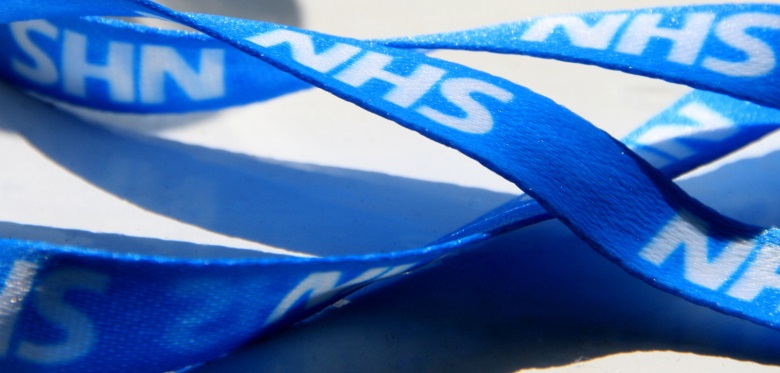As the country slowly recovers from the COVID-19 pandemic the impact on NHS waiting lists is becoming increasingly apparent.
As a direct result of shutdowns of medical services over the last 18 months, the NHS faces now a huge backlog of non-COVID-19 care. Indeed, in the last wave of the pandemic alone there were:
- 3.79 million fewer elective procedures
- 26.02 million fewer outpatient attendances.
The current estimate of patients waiting for treatment stands at a record high of 5.61 million and continues to rise. Significantly, BMA data suggests that there are nearly 1.8 million patients who have waited over 18 weeks for treatment and 293,102 who have been waiting for over a year.
In addition to hospital care, the impact is also being felt by those trying to access GP care. Prior to the pandemic, GPs were seeing more than 80% of their patients via face to face appointments. However, during the first lockdown that figure dropped to below 50% and currently remains at between 50 and 60%.
The COVID vaccination programme, rising demand driven by people needing support as they have to wait longer for hospital treatment, and the increased frailty in older populations have all increased workload and the common consensus, aired by the Royal College of GPs chair Prof Martin Marshall, is that the workforce is simply not big enough to manage.
The problems accessing GP appointments is having a knock-on effect on other services with more people turning up at A&E looking for medical care. Indeed A&Es saw some of their busiest months ever over the summer, and ambulance response times have also deteriorated.
One novel way to help alleviate some of the problems is a move to use shopping centres, and football stadiums, to help tackle the backlog of patients waiting for scans.
Currently 25% of patients wait over six weeks for non-urgent scans (compared to 5% before the pandemic). From March a network of 40 diagnostic clinics will be set up to carry out checks on cancer patients and scans to see if people need surgery for things such as knee and hip replacements. It is anticipated that the centres will be able to carry out up to 2.8 million tests per year, reducing waiting times significantly,
The use of diagnostic tests in community settings is clearly a positive step forward. However, without further changes there must be a concern that releasing this particular bottleneck could have the consequence of simply moving the problem further down the chain with more patients likely to be added to surgical waiting lists sooner.
If you or a loved one has suffered an injury due to the negligence of a medical or health professional then we may be able to help you pursue a claim for compensation. Our leading team of experts are on hand to offer advice, so please get in touch with us on 0161 696 6165 or complete our online enquiry form and we will contact you directly.




Comments